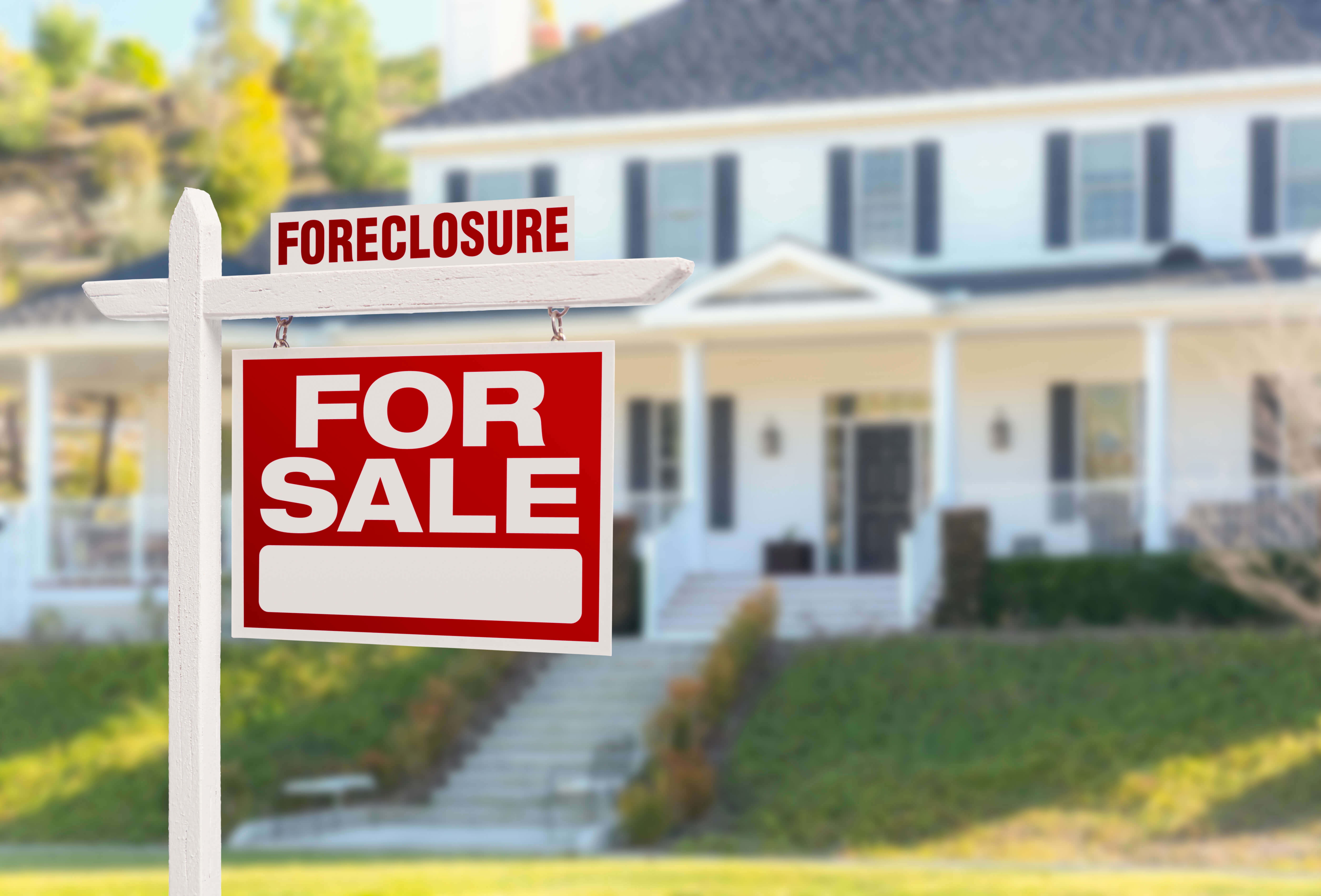To purchase your home, you likely signed a mortgage with the lender that granted them the right to sell your property through foreclosure should you fail to make loan payments. The lender would then use the proceeds from the sale to pay off your outstanding debt. About half of the states require that the lender file a lawsuit in court in order to foreclose on a property. This is called “judicial foreclosure.” Some states, such as Arkansas, allow lenders to foreclose on a property without court supervision, which is referred to as “non-judicial foreclosure.” Non-judicial foreclosure is the most commonly used foreclosure process in Arkansas.
What Happens in a Non-Judicial Foreclosure?
In the majority of cases, federal law prohibits a loan servicer from initiating foreclosure proceedings until the borrower has more than 120 delinquent loan repayments. This waiting period is meant to give financially struggling homeowners an opportunity to find a way to become current on their loan payments in order to avoid losing their home. Federal law also has general requirements for the loan servicer to go through “loss mitigation.” In loss mitigation, the servicer works with the borrower to try and avoid foreclosure.
The non-judicial foreclosure process will begin with a preforeclosure notice. No less than 10 days prior to initiating a foreclosure, the foreclosing party is required to mail a notice to the borrower. The notice must include a true and correct copy of the mortgage note with all required endorsements or a statement that the document is unavailable or lost. The notice must also include the name of the mortgage note holder as well as the location of the original note. The notice should also include information regarding loan modification programs and state that the default is due to failure to make payments.
Next, the foreclosing party is required to record a notice of default and intent to sell. This must occur at least 60 days prior to the sale. A copy of this notice must be sent, certified and first-class, to the borrower no later than 30 days after it is recorded. Additionally, a notice of the foreclosure must be published. It must appear in a newspaper for four consecutive weeks prior to the sale. It should also be posted at the courthouse and published online.
In the event that the foreclosure sale price does not cover the total mortgage debt, the lender may seek a “deficiency judgment” against the borrower for the difference. Arkansas allows the foreclosing party to seek such a judgment in the amount that is the total debt minus the fair market value of the property or the total debt minus the foreclosure sale price, whichever amount is less. A lawsuit to recover a deficiency judgment must be filed within 12 months of the foreclosure sale.
Arkansas Wrongful Foreclosure Attorney
If you are facing the loss of your home through foreclosure, the Law Offices of Bryce Cook is here for you. Attorney Bryce Cook is proud to fight for his clients so that they can stay in their homes. People facing foreclosure are usually experiencing some financial turmoil. The possibility that they will lose their homes can be overwhelming. Let us help fight for your home. Contact the Law Offices of Bryce Cook today.

